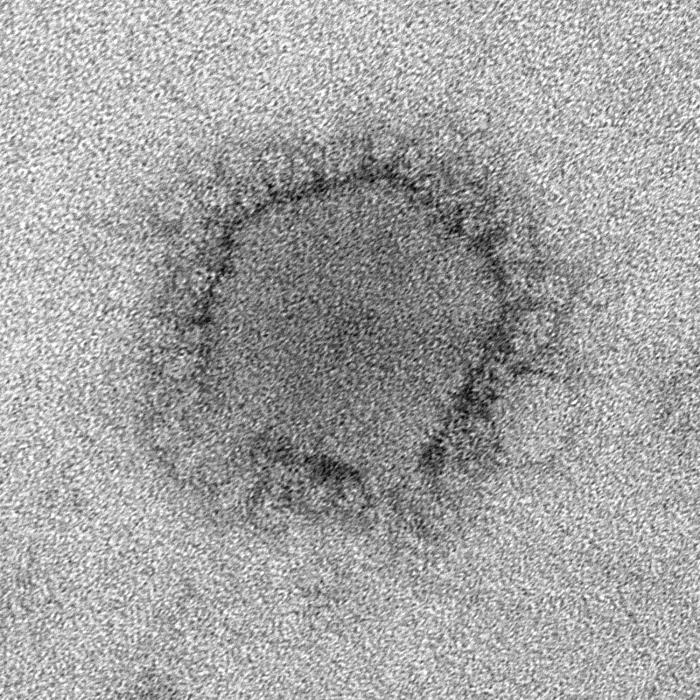2nd US Case of MERS Reported in Orlando

Editor's note: This article was updated at 4:15 pm ET with new information from a CDC news conference.
A person who traveled from Saudi Arabia to Orlando, Florida, has become the second patient in the United States reported to be sick with a relatively new and deadly virus known as Middle East Respiratory Syndrome Coronavirus, the Centers for Disease Control and Prevention announced today (May 12).
The patient, a health care worker who lives and works in Saudi Arabia, flew from Jeddah to London on May 1, the CDC said. From there, the patient flew to Boston and then to Atlanta, and finally to Orlando, where the patient was admitted to the emergency department on May 9.
The patient began feeling unwell on the initial flight to London, and later experienced symptoms during travel, including fever, chills and a slight cough, said Dr. Anne Schuchat, assistant surgeon general of the U.S. and director of the CDC's National Center for Immunizations and Respiratory Diseases. [5 Most Likely Real-Life Contagions]
The announcement follows the news earlier this month of the first case of MERS in the U.S., in a man who traveled from Saudi Arabia to Chicago, and took a bus to Indiana. That patient was released from the hospital last week. The two cases are not linked, CDC officials said.
The news of a second case is "unwelcomed, but not unexpected," said Dr. Tom Frieden, director of the CDC, who stressed that the risk of MERS to the general public from the infected person is extremely low. Transmission requires close contact, and most cases of human-to-human transmission have occurred in people who cared for those who were sick, Frieden said.
But to be extra cautious, the CDC is in the process of notifying more than 500 people who may have had contact with the Orlando patient during travel, Frieden said at a news conference today.
Get the world’s most fascinating discoveries delivered straight to your inbox.
Since it was first detected in 2012, MERS coronavirus has infected more than 530 people worldwide, and most cases have been in Saudi Arabia, Schuchat said. About 30 percent of those infected have died.
The CDC does not recommend that anyone change their travel plans at this time, Schuchat said. General recommendations for preventing respiratory infections include washing hands often, avoiding close contact with people who are sick, and avoiding touching the eyes, nose and mouth with unwashed hands, Schuchat said.
People who develop fever and cough or shortness of breath within two weeks of traveling to countries in or near the Arabian Peninsula should see their doctor, the CDC says.
The time between someone's exposure to the virus and when he or she becomes sick is usually about five days, and 14 days at the most, Schuchat said.
Follow Rachael Rettner @RachaelRettner. Follow Live Science @livescience, Facebook & Google+. Original article on Live Science.

Rachael is a Live Science contributor, and was a former channel editor and senior writer for Live Science between 2010 and 2022. She has a master's degree in journalism from New York University's Science, Health and Environmental Reporting Program. She also holds a B.S. in molecular biology and an M.S. in biology from the University of California, San Diego. Her work has appeared in Scienceline, The Washington Post and Scientific American.
